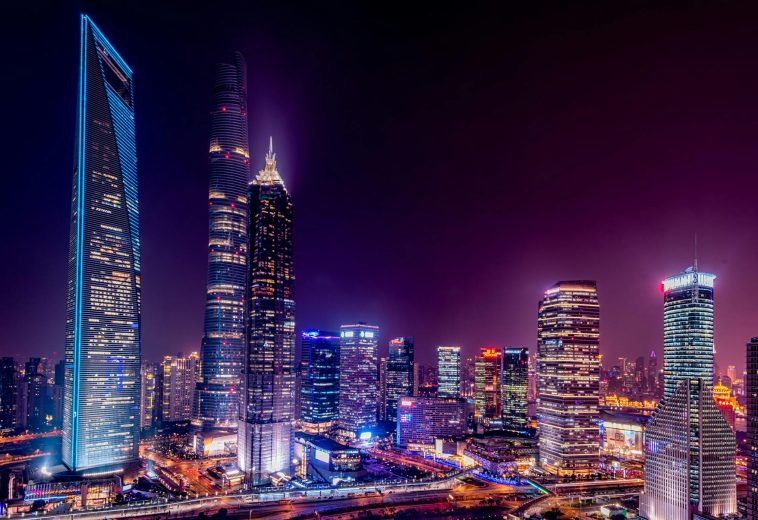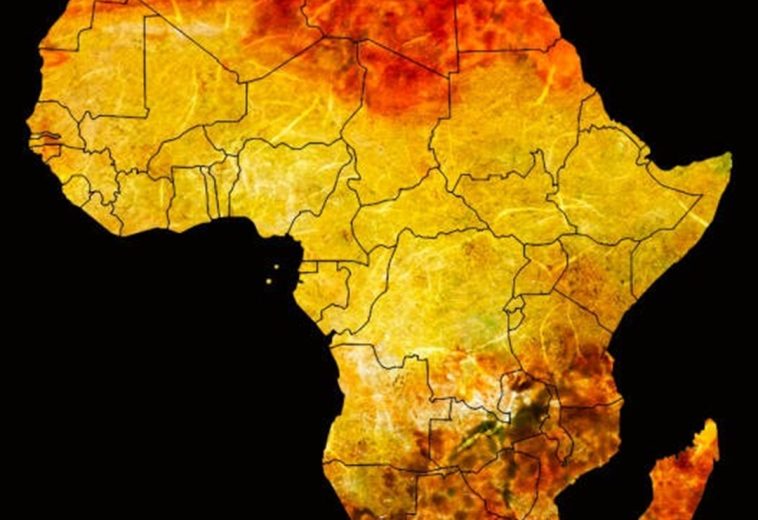A new chapter in global leadership is being written, with Africa at its heart. Across the continent, a wave of leaders, thinkers, and innovators is reshaping global dialogues. Their influence spans economic reform, climate action, cultural diplomacy, and social innovation. This renaissance represents a shift not only in how the world views Africa but also in how Africa sees itself.
Africa’s economic landscape, abundant with untapped potential, has become central to its rising prominence. Annual GDP growth reflects the continent’s vitality, with the African Development Bank attributing this expansion to breakthroughs in technology and renewable energy. With over 60% of the population under 25, Africa boasts the youngest demographic globally—a significant asset fuelling innovation and cultural renewal.
READ ALSO: African Thought Leaders at African Leadership Magazine Events
Youth Innovation Leading the Charge
This demographic advantage has propelled ventures like Andela and Flutterwave, bridging digital divides and showcasing African ingenuity in global markets. As noted by BusinessDay and the World Economic Forum, this transformation highlights Africa’s potential to lead in emerging industries.
Global Thought Leaders Redefining Leadership Norms
Africa’s thought leaders are stepping onto the global stage, challenging norms and advocating for justice and equity. Ngozi Okonjo-Iweala, Director-General of the World Trade Organisation, epitomises this shift with her efforts to push for equitable trade policies. Similarly, Dr Vera Songwe, through her leadership at the United Nations Economic Commission for Africa, has championed critical discussions on debt restructuring and sustainability for developing economies.
Regional Leadership in Action
African leaders like Senegal’s Macky Sall and Kenya’s William Ruto have been celebrated for fostering regional cooperation and tackling urgent challenges such as food security and climate resilience. Publications like The Star have spotlighted their leadership in advancing solutions that resonate globally.
Pioneering African Leaders Innovating for Impact
Prominent figures are driving transformative initiatives:
• Akinwumi Adesina, President of the African Development Bank, has prioritised agriculture through the Feed Africa initiative, mobilising billions in investments to revolutionise food systems and foster industrialisation.
• Strive Masiyiwa, founder of Econet, exemplifies African entrepreneurship. His telecommunications ventures have connected millions, while his philanthropic efforts in education and healthcare empower the next generation.
Youth as Catalysts for Africa’s Growth
Young African leaders are shaping the continent’s future, blending tradition and modernity to chart new paths. Initiatives like the Young African Leaders Initiative (YALI) and the African Union’s Agenda 2063 have provided platforms for youth to drive innovation. According to The African Mirror, these programmes have spurred advancements in sectors like renewable energy and digital infrastructure, solidifying Africa’s role in achieving global sustainability goals.
Tech Solutions with Global Impact
Innovative start-ups in fintech, agriculture, and healthcare are addressing local challenges with worldwide implications. Leaders like Iyinoluwa Aboyeji, co-founder of Flutterwave, exemplify this trend by bridging global markets and reinforcing Africa’s position as a hub for transformative ideas.
Cultural Diplomacy: Harnessing Soft Power
Africa’s rise is rooted in its cultural identity, which leaders leverage to strengthen global influence. Under President Paul Kagame, Rwanda has integrated its cultural heritage into national development, earning praise for transparency and innovation. The African Mirror notes that this strategy has positioned Rwanda as a model for sustainable governance.
Efforts to celebrate Africa’s artistic and historical legacy, including the repatriation of artefacts to countries like Nigeria, further illustrate the continent’s commitment to shaping global cultural narratives. These initiatives enhance Africa’s soft power, showcasing a continent both proud of its history and ambitious for its future.
Overcoming Challenges: Building Resilience
Despite its progress, Africa faces hurdles such as governance issues, infrastructure gaps, and external dependencies. As The Standard highlights, solutions lie in fostering regional integration and establishing equitable partnerships.
African leaders are also advocating for debt relief and fairer trade systems, underscoring their resolve to level the global playing field. These efforts aim to create a more just and sustainable world for all.
Africa’s Moment in History
Africa’s rise as a centre of thought leadership is not a passing trend but a movement anchored in resilience, innovation, and a clear sense of purpose. By seamlessly blending tradition with modernity, African leaders are not only participating in global dialogues but shaping them.
From the corridors of the United Nations to the innovation hubs of Silicon Valley, Africa’s voice has never been stronger. As the continent continues its journey, it does so with the knowledge that its leadership is essential to creating a better, fairer world. This is Africa’s moment, and the world is finally taking notice.




